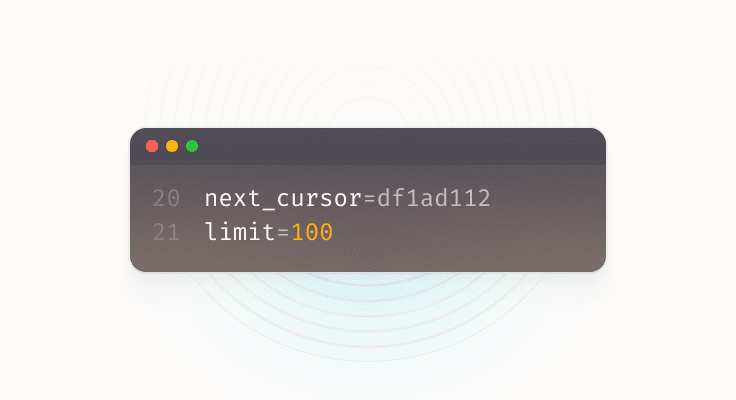API integration
Expand your
Ticketing
integrations with the
Trello
API integration.


superAI
Enhanced
Trello
with AI Capabilities




Unified APIs for
Trello
Skip writing code for every integration. Save time by using Truto's category-specific Unified APIs. You can use the schema we provide out of the box or customize and override the mappings to suit your needs with AI.
Roles
The Role object represents a role of a User.
Unified User Directory API
Users
The User object represents a User.
Unified User Directory API
Organizations
Organizations are the top level entity in the source application. Users are associated with an organization.
Unified User Directory API
Attachments
Attachments are the files associated with a ticket or a comment.
Unified Ticketing API
Collections
Tickets and contacts can be grouped into Collections. Collection resource usually maps to the various grouping systems used in the underlying product. Some examples are lists, projects, epics, etc. Yo…
Unified Ticketing API
Comments
Comments represent the communication happening on a Ticket, both between a User and a Contact and the internal things like notes, private comments, etc. A Ticket can have one or more Comments.
Unified Ticketing API
Tags
Tags represent a common classification approach used in various ticketing systems. A Ticket may have one or more Tags associated with them.
Unified Ticketing API
Tickets
Core resource which represents some work that needs to be carried out. Tickets are usually mapped to issues, tasks, work items, etc. depending on the underlying product.
Unified Ticketing API
Ticket status
Ticket Status represents the completion level of the Ticket. Some products provide customizing the Ticket Status.
Unified Ticketing API
Workspaces
Workspaces represent the top-level subdivision in a ticketing system. They usually have their own set of settings, tickets, statuses, priorities and users. Some of the usual terminologies used by the…
Unified Ticketing API
Task lists
Task Lists represent a collection of Tasks on a Ticket.
Unified Ticketing API
Tasks
Task represent a smaller subdivision of a Ticket, which could be the list of things to do in a Ticket.
Unified Ticketing API
Organizations
Organization represents the company or the entity using the ticketing system. An Organization can have one or more Workspaces and Users.
Unified Ticketing API
Search
Search endpoint for all the apps.
Unified Search API
Proxy API for
Trello

Boost customer satisfaction
When customers can easily integrate their new products into their existing systems, they’re more likely to stick around. It’s just common sense!

Empower engineers
Who wants to do boring grunt work? Not engineers! By taking care of integrations for them, they’ll have more time to focus on what really matters - making a great product.

Boost profits
Optimise developer resources. Truto frees up time and saves money. Say hello to a healthier bottom line!

Wow your prospects
Say 'Yes' to every integration request your prospects ask you for. Integrations should not deter deal closures.

✨ Powered by AI
Customize the mappings as you need using AI.
Build your own unified API from scratch, aided by AI.

We have been able to dramatically accelerate our GTM timeline by several months as a result of Truto. The devs at Truto worked with us to build a unified API structure with our team so that we have a solid base for future integrations as well. The support has been very quick to respond to our inquiries and provide timely resolutions for our requests.
Josh Benson,
CEO of Omnitrain













